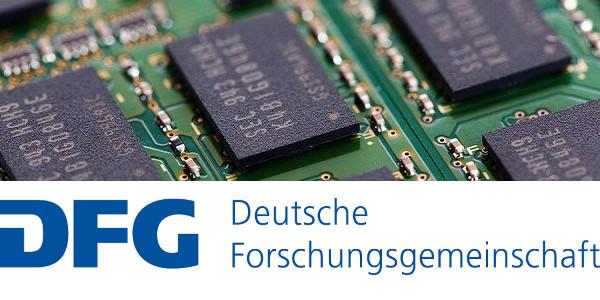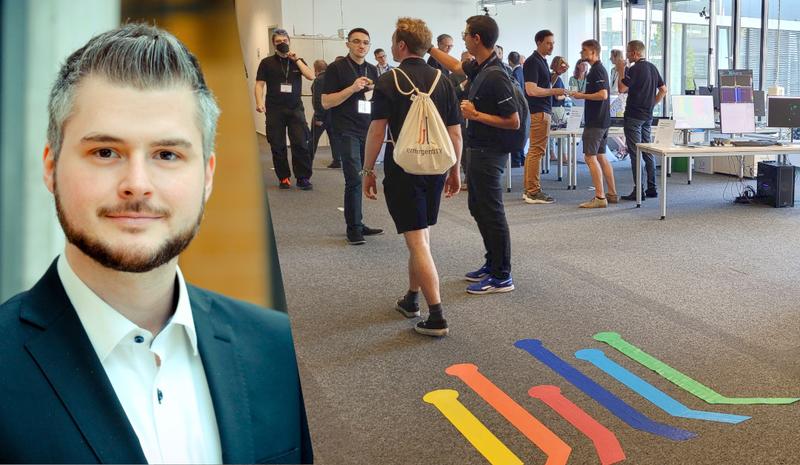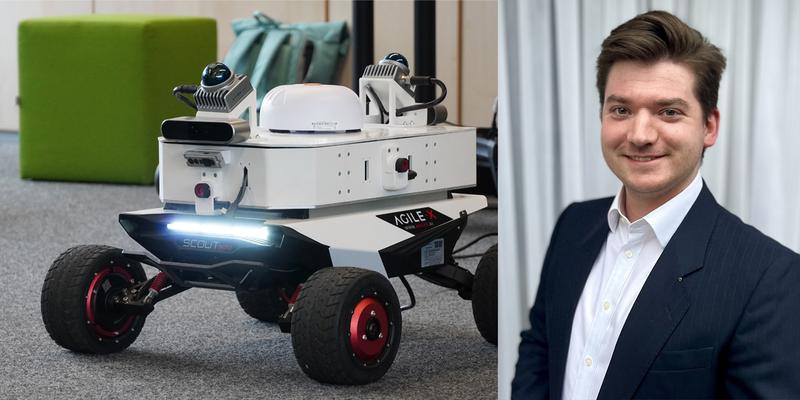The new focus programme “Disruptive Main Memory Technologies” of the German Research Foundation (DFG) will address an area with a wide range of current developments. The six-year project, which is funded by the DFG with 6.3 million euros for the first three years, aims to conduct interdisciplinary research into how new types of memory technologies can be better utilised. emergenCity-PI Prof. Mira Mezini is involved in the organisational team of the focus programme, which is coordinated at University of Osnabrück.
Securing performance and saving energy with new technologies
“In our focus programme, we want to develop concepts and methods that will make our computer systems better - they should consume less energy, be more reliable, simpler, cheaper and more powerful,” explains programme coordinator Prof. Dr. Olaf Spincyk from the University of Osnabrück.
An example of such a highly innovative main memory technology is a so-called non-volatile main memory NVRAM. Systems with this memory technology can be switched off and on again without suffering any losses. Thus, although a fault can no longer be remedied by simply restarting the system, NVRAM memories consume significantly less energy than conventional RAM main memories.
More research needed
With other innovative technologies, such as near-memory computing or in-memory computing, it is still largely unclear how such systems can actually be programmed efficiently. According to Spincyk, there is also still an explicit need for research on so-called high-bandwidth memories (HBM), which work in the processors of the world’s fastest supercomputers. In general, there is the open question of how software can deal with different memory technologies. The nationwide research in the focus programme is thus set to promote new insights by looking at areas such as technical computer science, operating systems, algorithms and data structures, databases as well as programming languages, translators and software technology.



